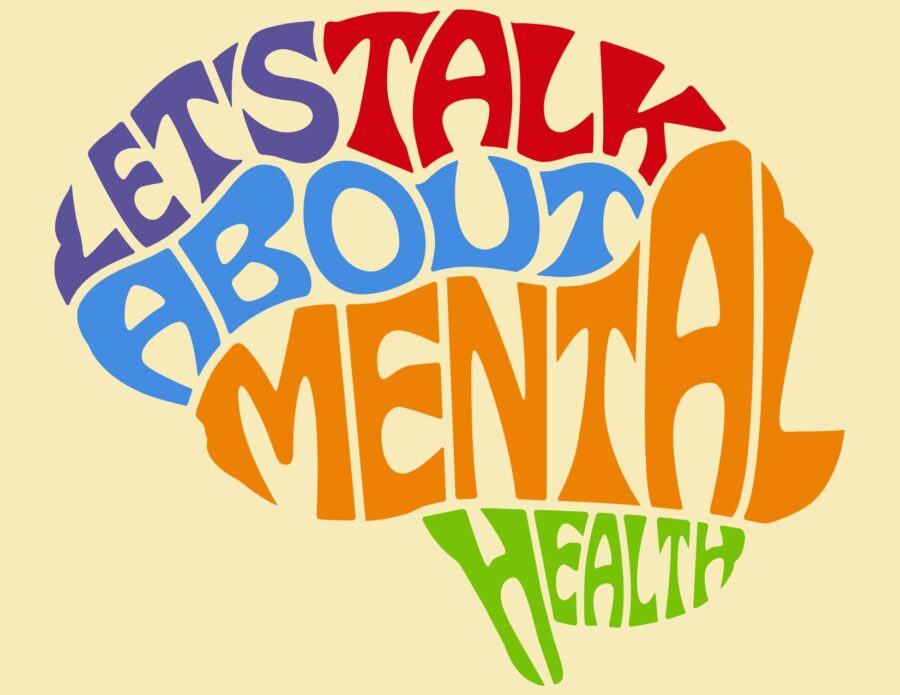What does the impact of poor mental health look like on teachers? The impact is huge because it not only affects the teacher, it affects their teaching, their students, the school community around them and home. The other issue with poor mental health is that it can creep up on you! Often times, you don’t even realize you are dealing with it until it is too late! Here’s a quick breakdown of what poor mental health looks like in teachers:
>Personal Health and Well-being
Teachers facing anxiety, depression, or burnout often experience chronic fatigue, sleep issues, weakened immune systems, and even serious physical illnesses over time. Poor mental health can also lower self-esteem and worsen feelings of isolation, especially in high-stress school environments.
>Classroom Performance
Teachers struggling mentally may have reduced patience, lowered creativity, and difficulty managing classrooms effectively. Lessons might feel less engaging, and teachers might struggle to differentiate instruction or respond flexibly to student needs.
>Student Outcomes
Students are directly impacted: research shows that teacher stress and burnout can negatively affect student achievement and classroom behavior. When teachers are not mentally well, they may unintentionally project stress onto students, creating a tense learning environment.
>School Climate
High rates of poor mental health among staff can lead to a negative school culture — increased absenteeism, high turnover, and low morale across the team. It creates a cycle: teachers leave, workload increases for those who stay, and stress worsens for everyone.
>Career Longevity
Mental health issues are a leading cause of teacher attrition. Many talented educators leave the profession early simply because the psychological toll becomes unsustainable.
As teachers, it is important to recognize what you can and cannot control. And what you can control is your own mental health. Recognizing your needs and acting on them. It’s about tuning in to what your mind, body, and spirit need to function well and feel good. There are strategies, and next week, SES will explore those!



